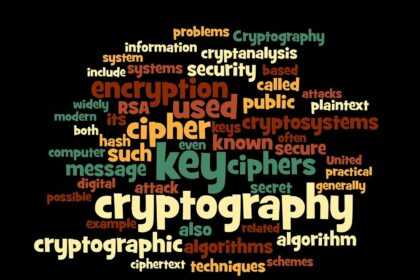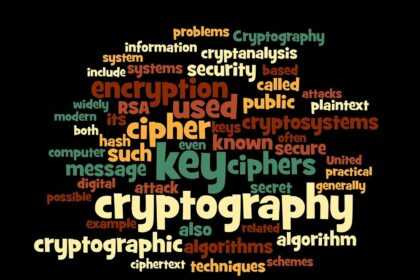Searchable encryption – querying encrypted data
Maintaining confidentiality while enabling efficient retrieval is achievable through advanced cryptographic schemes…
Verifiable random functions – unpredictable randomness
VRF are deterministic algorithms that generate pseudorandom outputs paired with a cryptographic…
Chain reorganization – resolving network conflicts
The optimal approach to handle forks within a decentralized ledger is to…
Key management – secure cryptographic material handling
Implement robust protocols for the generation, distribution, and preservation of cryptographic secrets…
Atomic swaps – trustless cross-chain exchanges
Implementing conditional agreements with cryptographic timelocks enables direct asset transfers between separate…
Blind signatures – anonymous credential systems
Utilizing untraceable approval methods enhances privacy by ensuring that issued tokens cannot…
Symmetric cryptography – shared secret systems
To implement robust encryption, utilize algorithms that operate with a mutual confidential…
Transaction pools – waiting areas for processing
Transaction pools act as dynamic queues where incoming requests accumulate before confirmation.…
State channels – off-chain transaction processing
Utilize channels to conduct multiple payments without committing every update to the…
Vector commitments – position binding schemes
To ensure integrity of elements indexed within a data sequence, cryptographic constructions…














